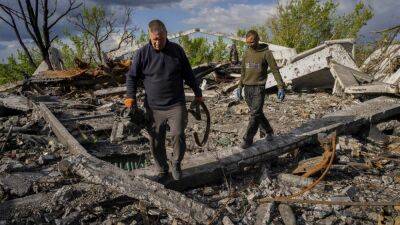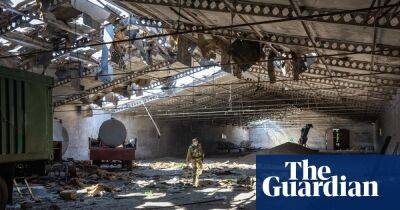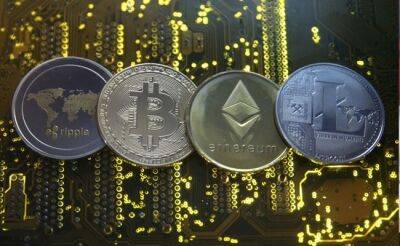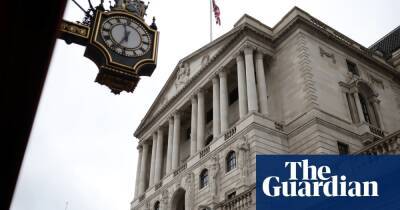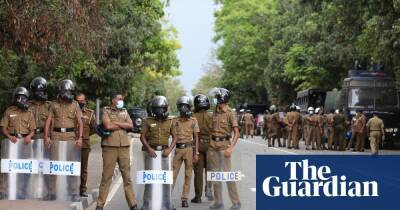Globalisation is not working – in an age of insecurity, we need more local solutions
Rishi Sunak is in Washington DC this week to discuss the state of the global economy with his fellow finance ministers. But he is clearly keener on listening to some of them than others. Had the chancellor not been on a plane on his way across the Atlantic, he would have joined a walkout by the UK delegation – led by the Bank of England governor, Andrew Bailey – when Russia’s representative started speaking at a gathering of the G20. The protest by the Brits – along with the Americans and the Canadians – at a forum that includes the world’s leading developed and developing economies won’t make the slightest difference to the Kremlin. For all that, it is a symbolic gesture that matters. The International Monetary Fund issued a warning this week about the risk of the war accelerating the fragmentation of the world into rival economic blocs, and here is an example of it. China made it clear it didn’t think Russia should be excluded from G20 meetings, as did the country currently in the chair: Indonesia.
The IMF is worried about the risk of a return to the 1930s. It fears the current trend towards deglobalisation will result in trade barriers going up, countries adopting their own technological standards – and rival reserve currencies emerging to challenge the supremacy of the US dollar. Bad all round, in other words.
But hang on a minute. Greater international cooperation is a good thing, to be sure. There are global problems that need global solutions, as the IMF’s managing director, Kristalina Georgieva, rightly noted at a press conference yesterday.
Yet there isn’t much evidence that the current model of globalisation is much good at solving them. As the IMF itself notes in its latest world economic outlook, the debt-relief
Read more on theguardian.com










![Solana [SOL] – Should a revisit to the $20-level be a surprise? - ambcrypto.com - city Santiment](https://finance-news.co/storage/thumbs_400/img/2022/5/19/26274_mrvj.jpg)
